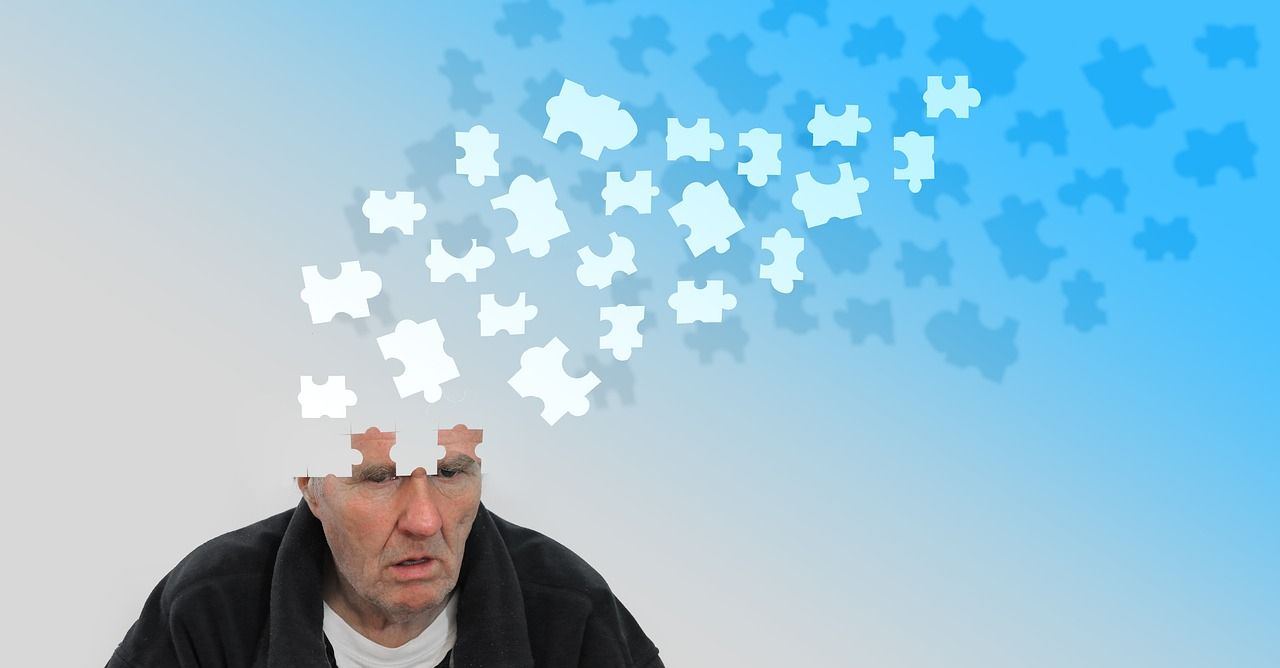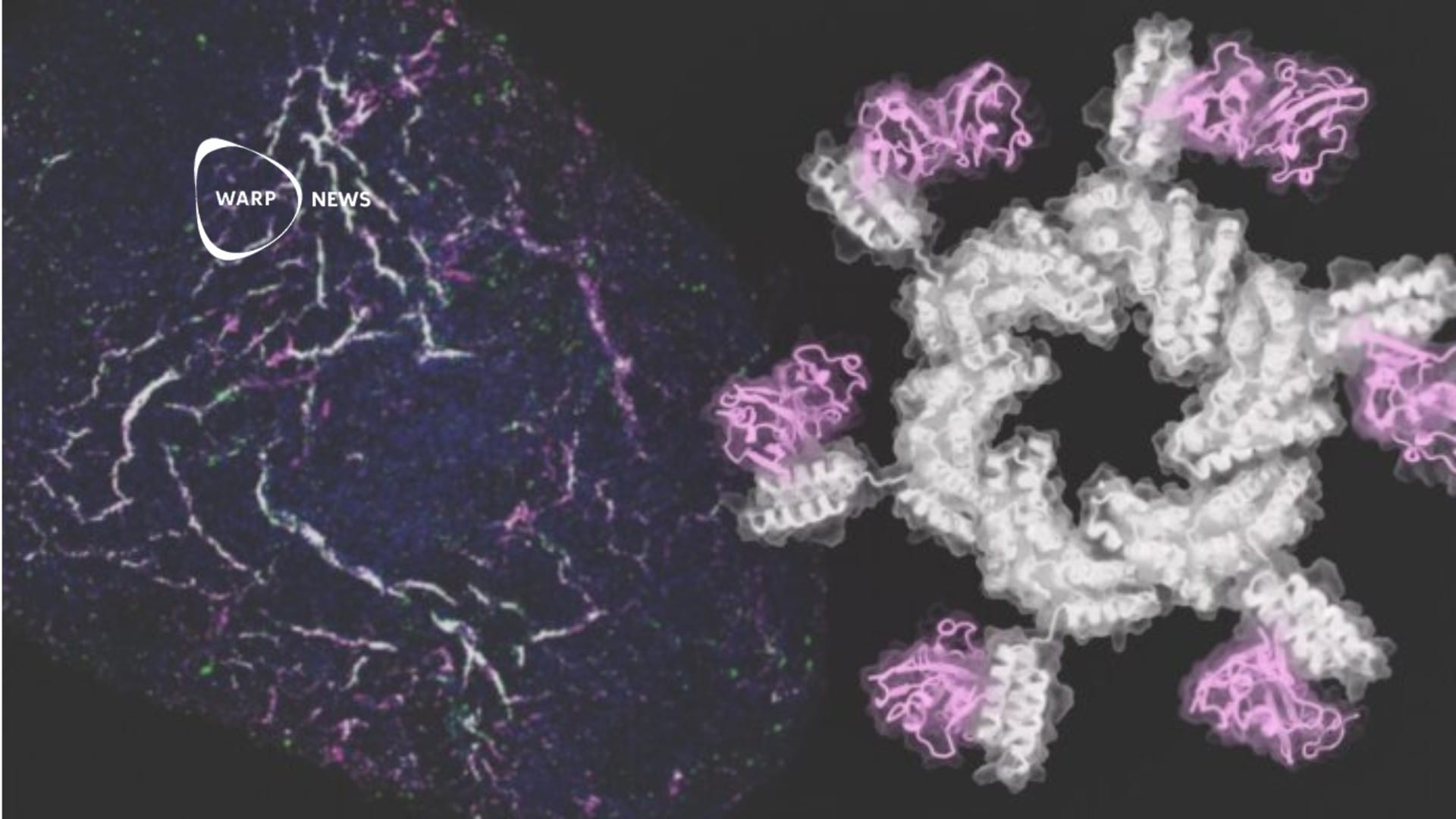
🧠 Alzheimer's can be diagnosed before symptoms appear
A new method can detect people who are 20-40 times more likely to develop Alzheimer's disease.
Share this story!
A new diagnostic method makes it possible to identify people with Alzheimer's disease before they have any symptoms. In addition, it can predict who will deteriorate within the next few years.
"Changes occur in the brain between ten and twenty years before the patient experiences any clear symptoms, and it is only when tau begins to spread that the nerve cells die and the person in question has the first cognitive problems. This is why Alzheimer's is so difficult to diagnose in the early stages," says Oskar Hansson, professor of neurology at Lund University and one of the researchers behind the study, in a press release.
It is an international research team led by researchers from Lund University that developed the method. In short, it involves analyzing images from a PET camera to see if the proteins tau and amyloid are present in a person's brain.
It turns out that the people who have the two proteins in their brain are 20-40 times more likely to develop the disease compared to those who had no biological changes.
"When both beta-amyloid and tau are present in the brain, it can no longer really be considered a risk factor, but a diagnosis. A pathologist who had examined a sample from a brain like this would immediately diagnose the patient with Alzheimer's," says Rik Ossenkoppele, first author of the study and researcher at Lund University and Amsterdam University Medical Center.
There is no cure for Alzheimer's yet, but drugs such as Lecanemab have begun to appear that show promise. Being able to identify Alzheimer's at an early stage is therefore even more important, according to the researchers behind the study.
"If we can identify the disease even before the cognitive challenges manifest themselves, we may eventually be able to use the drug to slow down the disease at a very early stage. Together with physical activity and good nutrition, one would then have a greater chance of influencing future cognitive challenges. But more research is needed before treatment can be recommended for people who have not yet developed memory loss," says Oskar Hansson.
By becoming a premium supporter, you help in the creation and sharing of fact-based optimistic news all over the world.


